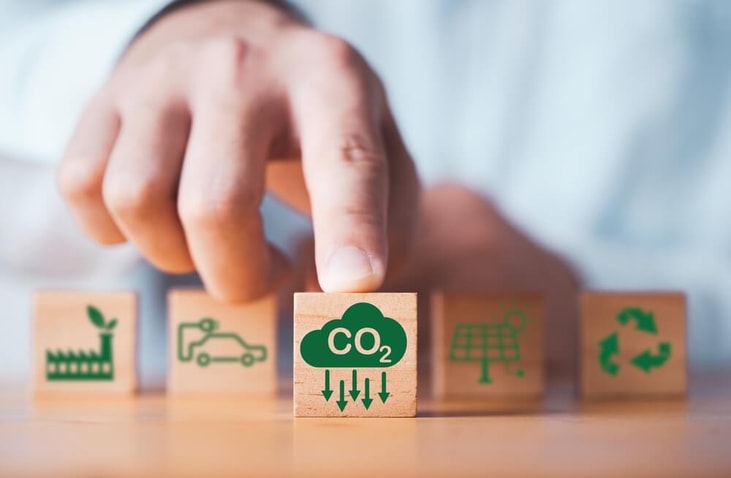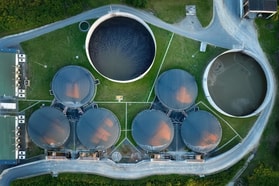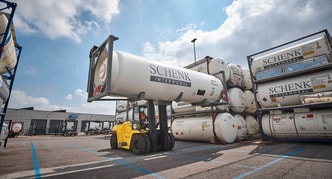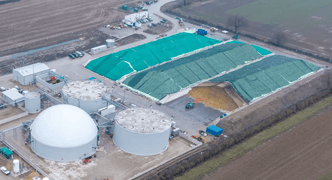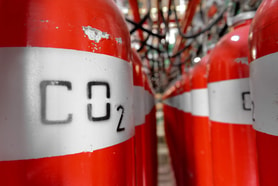Commonwealth Parliament passes law enabling offshore CO2 storage
The Commonwealth Parliament has passed amendments to the Environment Protection (Sea Dumping) Act 1981 required to aid injection and transportation of carbon dioxide (CO2) in Australian waters.
Oil and gas exploration and production company Pilot Energy Limited (Pilot) provided an update on the Mid West Clean Energy Project (MWCEP) regulatory process following the passing of amendments to the Environment Protection (Sea Dumping) Act 1981.
This will include the provision of a near-term CO2 management service to industrial emitters to permanently remove emissions during the energy transition.
... to continue reading you must be subscribed

